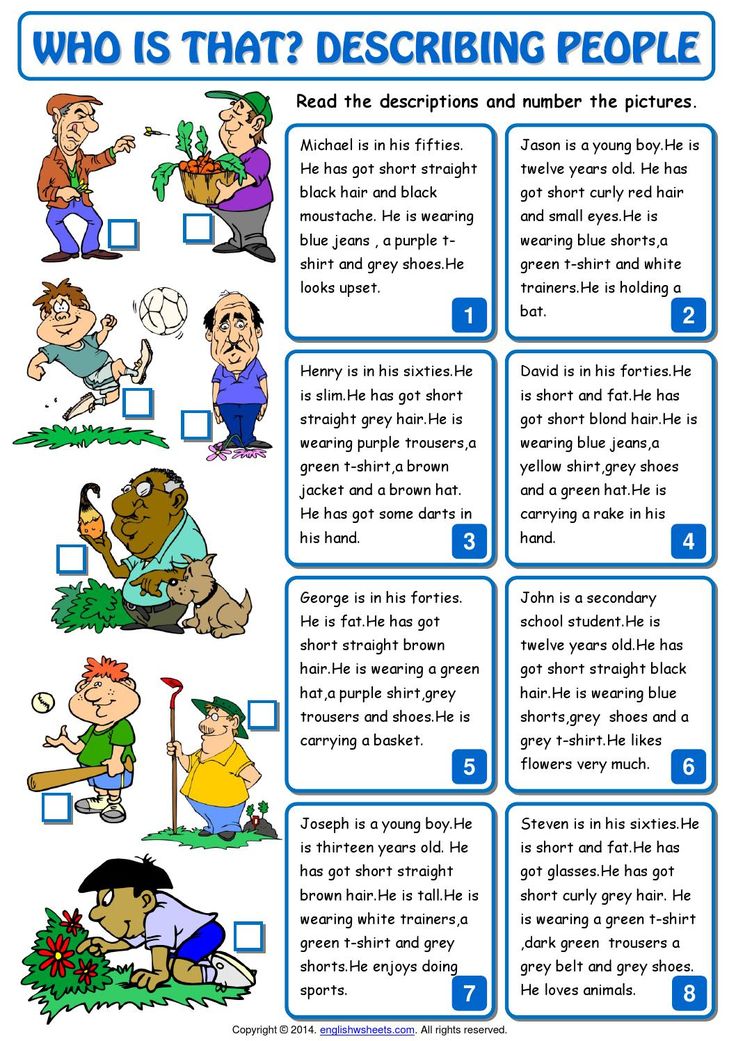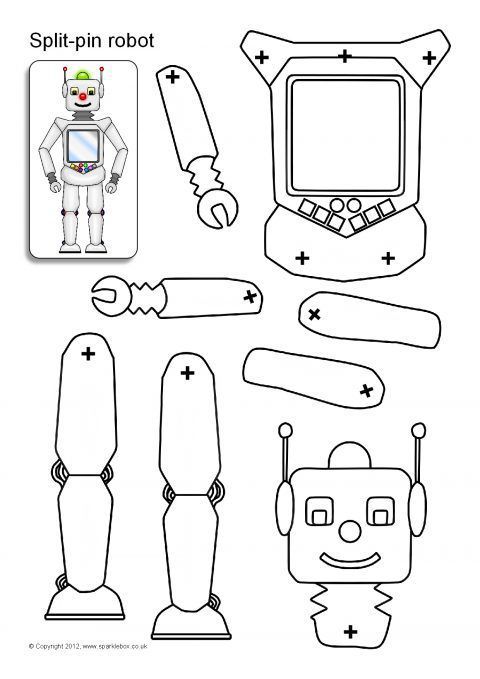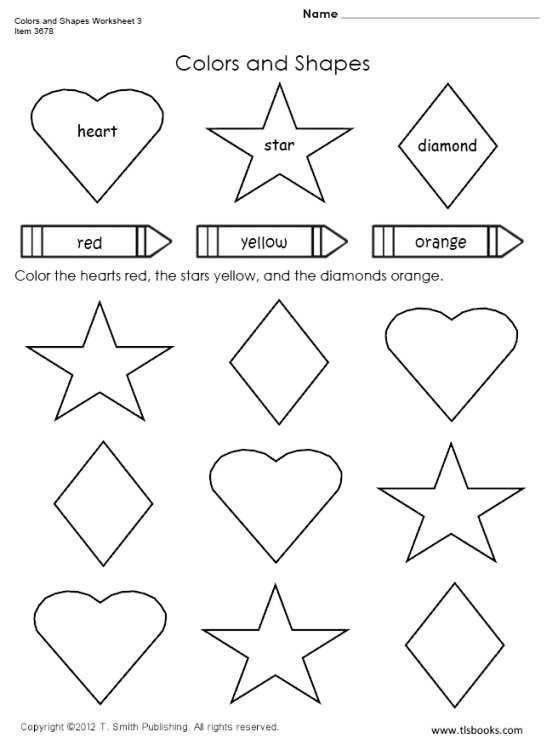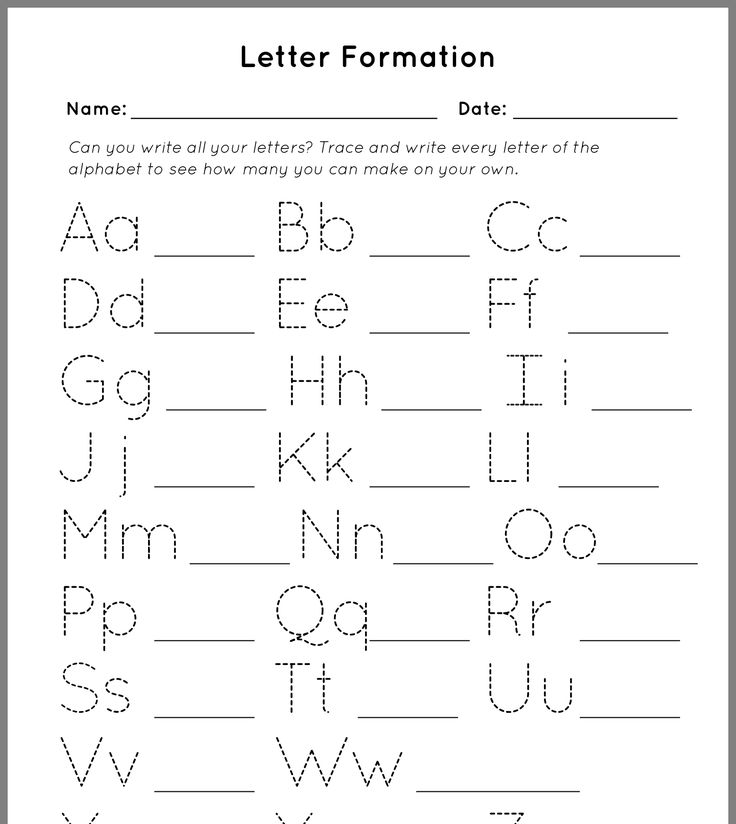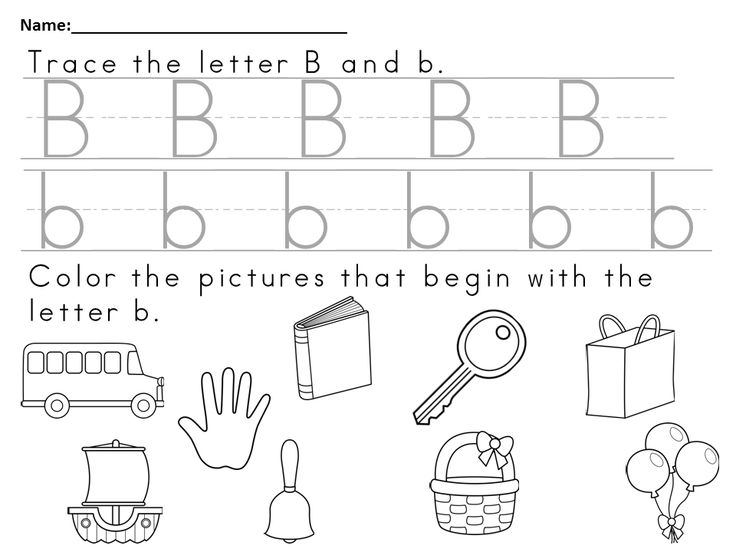Examples of social strengths
How to Identify Your Child's Strengths
All heroes have different strengths and talents. While Sidney Crosby has athletic talents, JK Rowling has literacy strengths, Justin Trudeau has social talents, and Albert Einstein was known for his math and logic strengths. Just like these heroes, every child’s strengths and talents can blossom once they are identified.
There are many different types of strengths, but they can generally be divided into six main categories: personal, social, language, literacy, math/logic, and others. Some strengths come naturally, while others take effort and practice to improve. Let’s explore how you can work to identify the strengths of a child, and how you can help enhance these strengths at home.
Personal Strengths
Personal strengths are positive personality traits like kindness, curiosity, creativity, resiliency, thoughtfulness, and empathy. Personal strengths usually come naturally.
Enhancing strengths: personal strengths mostly come from inward, but you can enhance these strengths by acting as a positive role model. If you want to encourage passion, effort, problem-solving, and a good conscience in your child, lead by example.
Social and Behavioral Strengths
Social and behavioural strengths are all about how your child interacts with others. Examples of social strengths include being a good listener, a good friend, being truthful, following rules, resisting peer pressure, respecting personal space, and comforting others.
Enhancing strengths: social strengths can be enhanced by emphasizing the importance of honest and open communication. Take these strong social skills and use them to help others, like by embracing a new student at school or helping a younger student with reading practice.
Language Strengths
Children with language strengths are great communicators, both talking and listening. They are often captivating speakers, attentive listeners, humourous, and expressive. They have a strong vocabulary and can communicate their thoughts with clarity and structure.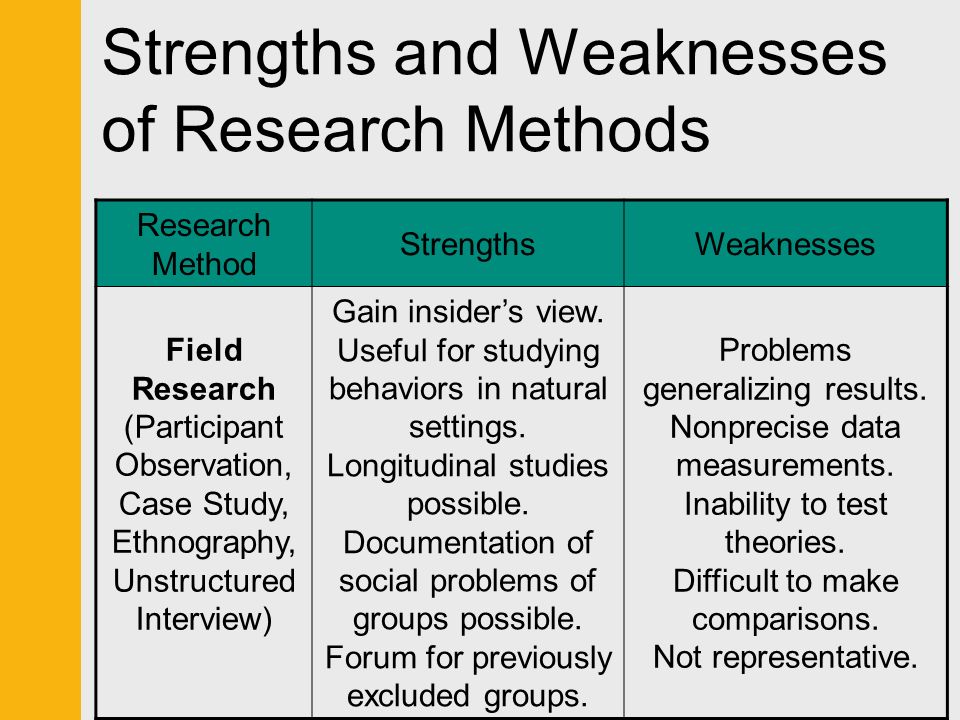
Enhancing strengths: Encourage your child to sign up for a role in a school play, joining a choir, or even writing a play or song on their own.
Literacy Strengths
Literacy strengths apply to reading and writing skills. Children with literacy strengths often have vivid imaginations, strong memories, advanced vocabularies, and love to read and/or write.
Enhancing strengths: Literacy strengths can be enhanced with practice. Give your child a writing prompt and watch their imagination go to work. Encourage your child’s love of reading by taking them to the library or getting them a subscription to their favourite magazine or comic book.
Math and Logic Strengths
Students with strong math and logic skills can solve puzzles and word problems, can count, sort, and organize, can do math in their heads, and enjoy disassembling and reassembling objects.
Enhancing strengths: Play strategy-based games with your child, like chess, Kenken, or Sudoku.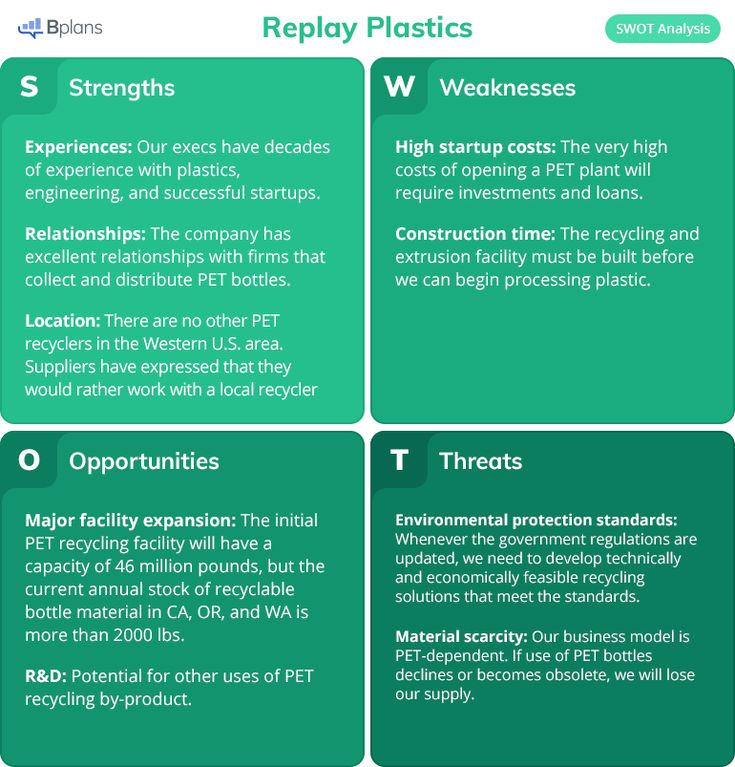 Try estimating games, like guessing how many jelly beans are in a jar or how many bristles are on a toothbrush. Get your child to help you with household tasks that require math, like cooking or measuring furniture.
Try estimating games, like guessing how many jelly beans are in a jar or how many bristles are on a toothbrush. Get your child to help you with household tasks that require math, like cooking or measuring furniture.
Other Strengths
Other strengths include everything from playing a musical instrument to playing hockey, from being good with young kids to excelling at volunteer work.
Enhancing strengths: Encourage your child to pursue their passions, whatever they may be!
Small Ottawa private schools or daycare programs like ours at St-Laurent Academy prioritize individual attention and individualized learning. This approach creates security for a student that allows talents or strengths to be uncovered and come to the forefront. Understanding strengths unlocked a child’s maximum potential.,
Get started with St-Laurent Academy today.
75 Examples Of Social Strengths
Socially strong people possess skills, abilities, knowledge, and character traits to navigate social situations successfully. Each of these traits is distinctive and is based on the individual’s personality. Here are a few examples of common social strengths.
Each of these traits is distinctive and is based on the individual’s personality. Here are a few examples of common social strengths.
Active Silence
Active silence is the skillful use of silence in communication. A fundamental principle of communication is listening and pausing your speech for dramatic effect. You can use it as a complex social strategy, such as a prolonged uncomfortable silence in negotiations to induce your opponent to make the first offer.
Apologies
A statement of remorse or a request for forgiveness is considered an apology for a fault or offense. When apologizing, one should acknowledge responsibility and express remorse at the same time.
Approachability
Approachability is the quality of being friendly, approachable, easily accessible, and open to taking on new ideas.
Assertiveness
People often talk about assertiveness when developing social and communication skills. In other words, assertiveness means being able to stand up for your own rights and those of others in a calm, positive way without being aggressive or passive.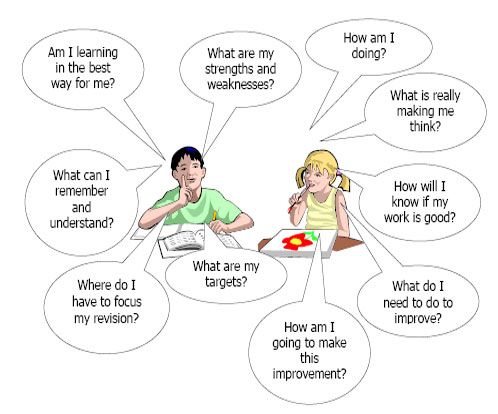
Attention Span
The attention span can be described as a period when an individual can concentrate on one thing.
Body Language
Communication through body language consists of gestures, movements, and mannerisms used by people and animals. It is an unspoken way of communication that we use to convey our feelings and make our message more powerful.
Candor
A person with candor is usually honest, open, and sincere.
Charisma
Charismatic individuals are considered to have outgoing, energetic, and likable personality that attracts others.
Civility
Being civil means respecting others by being polite, like the civility you exhibited in speaking kindly to someone who hurt your feelings.
Conflict Resolution
Conflict resolution is the process of finding a peaceful solution between two or more people. Conflict can take the form of a financial, political, or emotional disagreement. Often, the best approach to resolving a dispute is through negotiation.
Consensus Building
Collaborative problem solving, also known as consensus building, is an important conflict-resolution process, especially for solving disputes involving multiple parties.
Constructive Criticism
The objective of constructive criticism is to offer you feedback — backed up by specific examples — to improve your performance. With good intentions, constructive criticism should be delivered in a friendly manner.
Cooperation
Cooperation is the action of working together to attain results, or it is the act of people helping out each other to accomplish a common goal.
Coping With Difficult People
Most difficult people are very selfish, and they tend to make everything about them. There is little empathy or concern for other people in their lives.
Coping With Emotion
In order to cope with emotions, we must recognize them within ourselves and how they affect our behavior. We must respond appropriately to emotions. If we do not deal with them appropriately, we may experience adverse effects on our health, such as anger or sadness.
If we do not deal with them appropriately, we may experience adverse effects on our health, such as anger or sadness.
Critical Thinking
Critical thinking requires active and skillful conceptualizing, applying, analyzing, synthesizing, and evaluating information derived from observation, experience, reflection, reasoning, or communication, guiding belief and action.
Cultural Capital
Cultural capital is defined as symbols, ideas, tastes, and preferences that can be used as resources to facilitate social change.
Debate
Generally, a debate involves serious discussion amongst people with different opinions on something.
Emotional Intelligence
Individuals with emotional intelligence can control their emotions effectively to handle stress, communicate effectively, empathize with others, overcome challenges, and defuse conflict.
Empathy
An empathic person can imagine or attempt to deeply understand what someone else feels or what their situation feels like.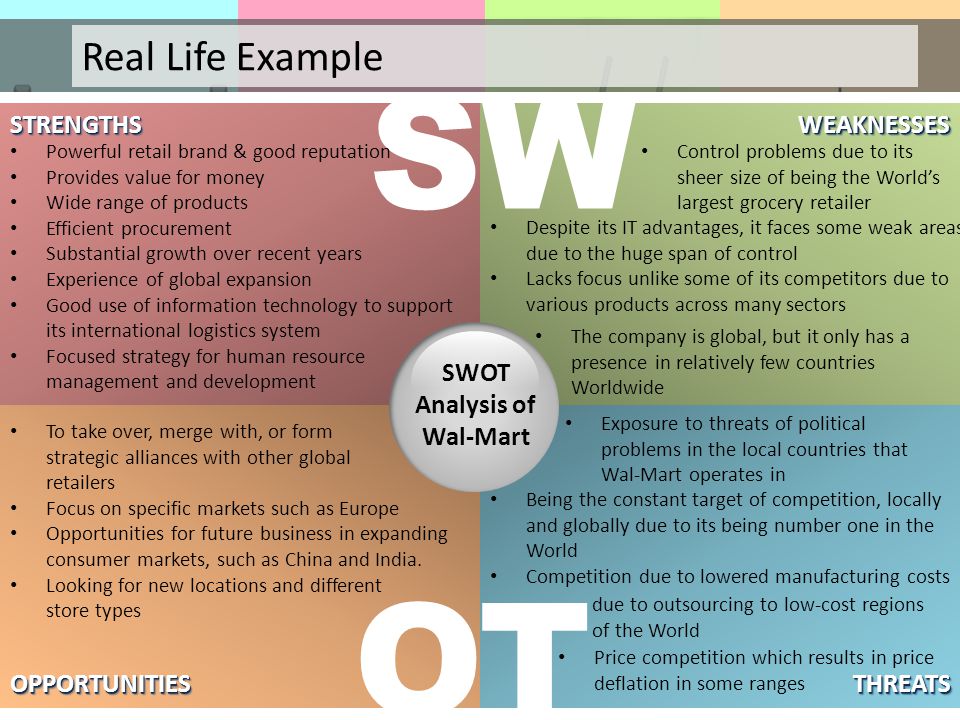
Engagement
An individual’s engagement (also known as social involvement or participation) can be described as their degree of engagement with a community or society.
Ethical Conduct
A person’s ethical conduct includes how they handle themselves, including their relationships with other people, according to the principles of honesty, integrity, fairness, and good faith.
Eye Contact
The act of meeting the eyes of two people is known as eye contact. It is a form of nonverbal communication in humans and plays a significant role in social behavior.
Facilitation
The act of facilitation is to make something easier to happen.
Forgiving
When you forgive someone or something that has hurt you, regardless of whether they deserved it, you withdraw feelings of resentment and vengeance.
Generosity
The quality of generosity is similar to the quality of unselfishness. Those who are generous are glad to give their time, money, food, or kindness to those in need.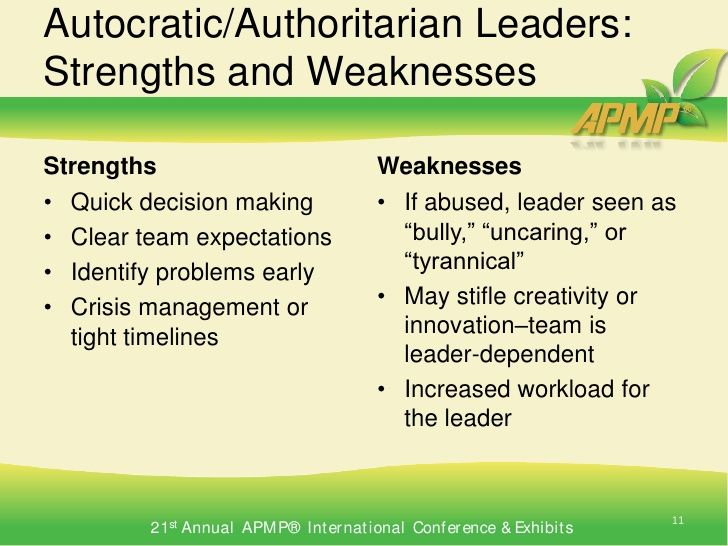
Gratitude
Gratitude is being thankful for the whole world or a specific individual. It means being grateful for what one already has without continually seeking more.
Greetings And Introductions
When we meet someone, the first words we say are greetings and introductions, so knowing what to say and how to say them is important. When we meet someone for the first time, we often keep that impression for a long time, so reviewing how to do this properly is wise.
Handling Criticism
It is difficult but necessary to deal with criticism in social situations. Life is filled with criticism, whether from a family member, friend, manager, or coworker. In order to improve your work, you must listen, understand, and apply what they say.
Honesty
Being honest is defined as being truthful even after one has done something wrong.
Humility
An attitude of humility implies that you have no special value that makes you better than others.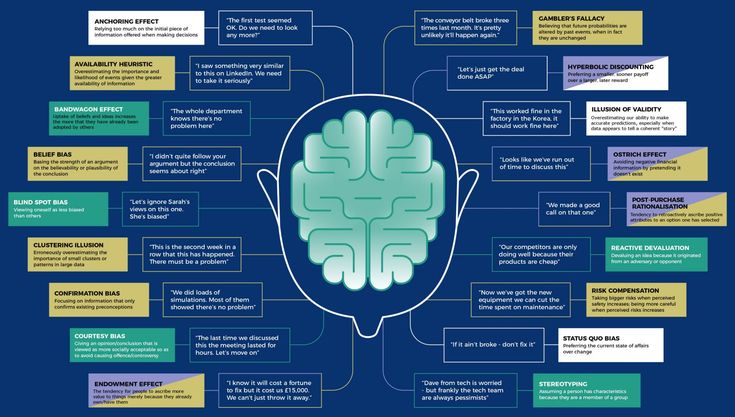
Humor
A humorous thing can make someone laugh or feel amused. The ability to find humor in something is also referred to as that.
Independence
Being independent means being free of control by another person, country, or other entity.
Influencing
Influence is the capacity to cause a non-tangible or indirect effect.
Kindness
The quality of kindness is that of being friendly, generous, and considerate.
Language
Language is the expression of ideas through words used in a structured and conventional way and communicated via speech, writing, or gestures.
Leadership
The goal of leadership is to maximize the efforts of others toward achieving a goal through social influence.
Likeability
Likeability refers to having traits that lead to favorable regard.
Listening
Listening involves paying attention to sounds or actions. As one listens, one picks up on what others are saying and tries to understand what they mean.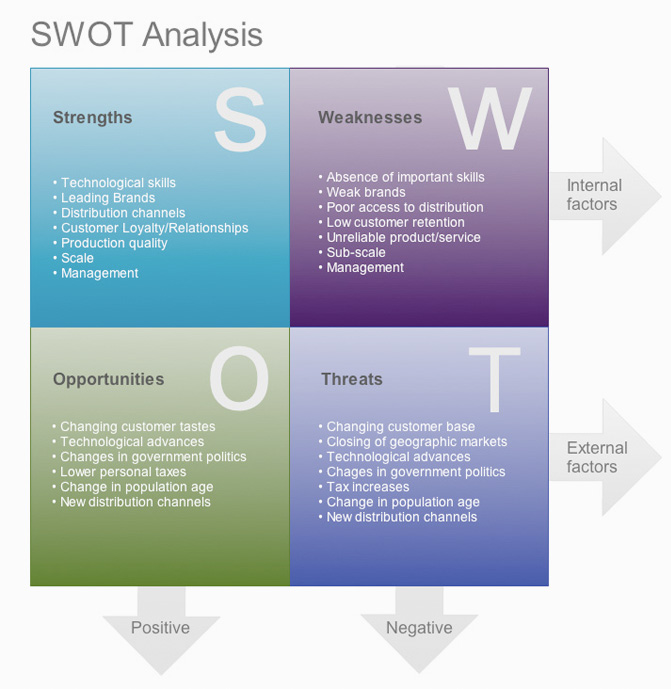 It is a complex process that involves emotions, cognitive thought, and behavior.
It is a complex process that involves emotions, cognitive thought, and behavior.
Loyalty
When you show loyalty to someone, you keep their best interests in mind and ensure the relationship is mutually beneficial. It means understanding others’ needs, how they want to be managed, and, most importantly, respecting their decision to work with you and their right to change their minds.
Manners
Manners refer to patterned interactions, prevailing norms, and socially anticipated behaviors. Etiquette, the more formal codification of standards of behavior, is closely related to manners.
Mediation
The goal of mediation is to resolve conflicts in a relationship through negotiation. Divorce mediation occurs when a couple works with a neutral third party who assists them in resolving issues and dividing property and assets.
Negotiation
Negotiation is a means of settling differences. It is a means of achieving compromise or agreement without causing disagreement or argument. It is understandable that individuals in disagreement strive to achieve the best possible outcome for themselves (or perhaps an organization they represent).
It is understandable that individuals in disagreement strive to achieve the best possible outcome for themselves (or perhaps an organization they represent).
Networking
Getting to know others who have similar interests or professions is called networking. This typically takes place in an informal setting.
Openness
The quality of openness refers to not hiding information or feelings and being honest.
Persistence
The quality of persistence is when someone can continue doing something, even if others oppose or dislike it.
Personal Hygiene
Every day, starting with getting up in the morning, we should practice personal hygiene to protect our health. Keeping the body, hair, mouth, and teeth clean and washing clothes regularly are essentials for maintaining good health.
Personal Presence
Your personal presence is an intangible human characteristic that makes you stand out from the crowd. It helps you connect with others and makes you memorable. When we are nervous, we may not give the right impression when speaking in front of a group. You will be recognized as authentic, trustworthy, and open if you work on your presence.
When we are nervous, we may not give the right impression when speaking in front of a group. You will be recognized as authentic, trustworthy, and open if you work on your presence.
Perspective Taking
Perspective taking is understanding how another person sees and perceives a situation and how they think or feel about it.
Persuasion
The concept of persuasion can be defined as a force that influences people’s decisions and actions.
Play
Children can develop their physical, intellectual, emotional, social, and moral capacities through play. It also fosters friendships and preserves them. Children and adults alike gain a state of mind that facilitates high-level reasoning, insightful problem-solving, and creative pursuits.
Politeness
Politeness refers to the application of good manners or etiquette so that others will not be offended.
Public Speaking
Public speaking, also referred to as oratory or oration, refers to addressing a live audience.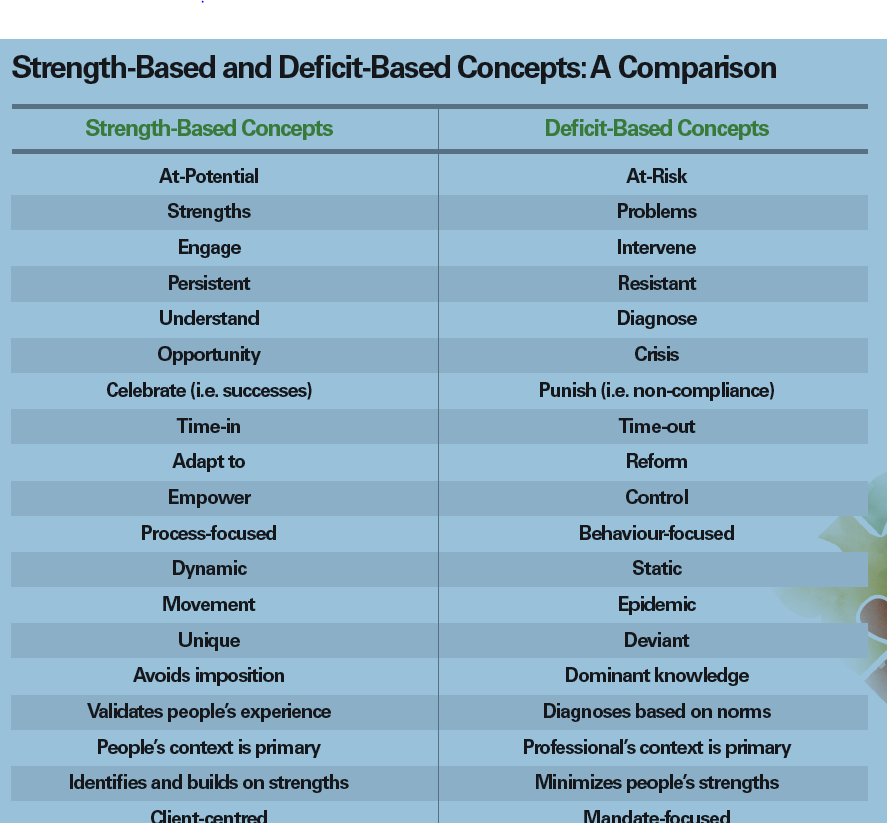
Questioning
When you question something, you express your doubts about its worth or truth; you are showing that you seek an explanation.
Resilience
A person with resilience can handle adversity and rebound from difficult situations. Stress, emotional turmoil, and suffering are part of experiencing resilience.
Resisting Peer Pressure
Resistance to peer pressure refers to how well you can resist the pressure you receive from your peers and your own concerns about what others will think of you.
Responsible
We are responsible when we keep promises, honor our commitments, and are dependable. This implies that we are willing to accept the consequences of our actions. Responsibility means not making excuses for your actions or blaming others when things go wrong.
Self-Confidence
Self-confidence refers to the way you view your skills and abilities. Your life is controlled by your acceptance and trust in yourself. You have a positive view of yourself and know your strengths and weaknesses well.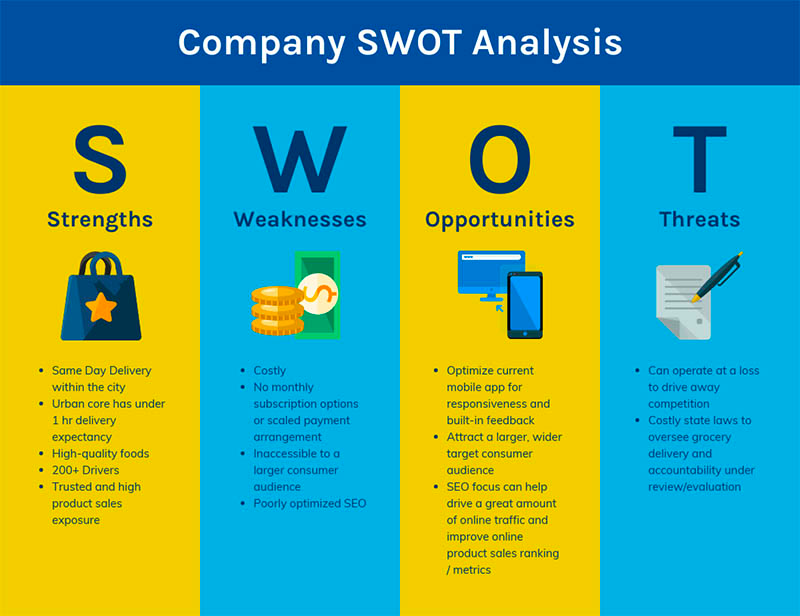 The expectations and goals you set are realistic, communicate assertively, and handle criticism well.
The expectations and goals you set are realistic, communicate assertively, and handle criticism well.
Self-Awareness
The ability to be aware of our actions, thoughts, and emotions and how they align with our internal standards is self-awareness.
Self-Control
A person’s ability to manage their behavior in order to reach goals, enhance their positive outcomes, and avoid negative ones is called self-control. It is one of the most important skills we need to control our behavior so that we can achieve our long-term goals.
Self-Expression
An individual’s self-expression consists of asserting one’s innate qualities and expressing their personality.
Social Perception
Social perception refers to the way in which people make inferences or form opinions about other people by studying their behavior, especially their motives, attitudes, or values.
Sportsmanship
It involves understanding fair play, ethical conduct, integrity, and general goodwill toward an opponent.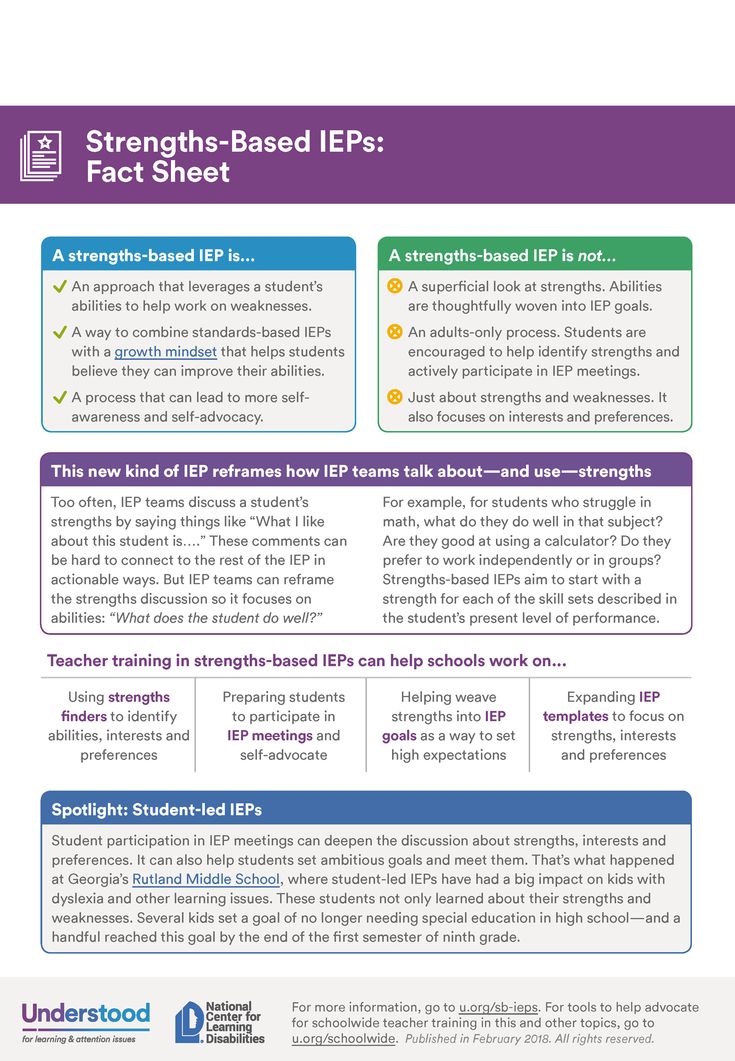 An athlete’s poise, perspective, and ability to do what is suitable for their teammates are evidence that they have discipline.
An athlete’s poise, perspective, and ability to do what is suitable for their teammates are evidence that they have discipline.
Storytelling
Storytelling involves telling stories that evoke powerful emotions and insights about ideas, beliefs, personal experiences, and life lessons.
Sympathy
When you’re feeling bad for another person, you have sympathy. So it relates to pity and compassion.
Teamwork
The process of working together with a group of people to achieve a common goal is called teamwork. Business often relies on it, as colleagues must work well together, doing their best under any conditions.
Tolerance
Being tolerant is the act of acknowledging and respecting others’ beliefs and practices.
Tolerance for Disagreement
A tolerance for disagreement refers to engaging with people who have different views or opinions from your own without becoming emotional.
Trusting
When someone trusts others, they believe they are honest and sincere and are not trying to hurt them.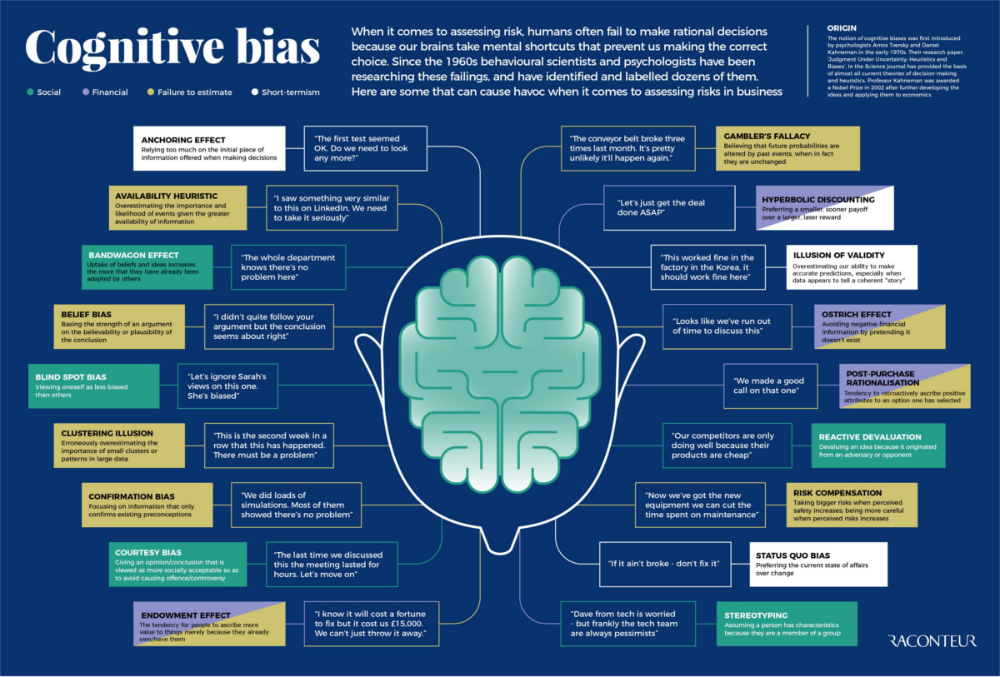
Trustworthy
Trustworthy people can do or provide what is needed or right and deserving of trust.
Verbal Communication
Using words to communicate a message is known as verbal communication. The two most common forms of verbal communication are written and oral.
Win-win Thinking
Those who believe in win-win thinking believe that everyone can win. This can’t simply be about you or me, but both of us. Essentially, it is a mindset that believes that there are sufficient good things for all.
Wit
Someone described as wit can use words or ideas cleverly, imaginatively, and amusingly.
Do you wish to learn about the examples of natural rights? Check out this blog post from LivingByExample for more information!
Karolyn Farran
Social Media Manager
Karolyn leads our online team, ensuring we get the latest stories that need telling.
report this ad
Social forces and a weakened society - News - IQ Research and Education Portal - National Research University Higher School of Economics Department of Applied Political Science, St.
 Petersburg Branch of the State University-Higher School of Economics Grigory Tulchinsky
Petersburg Branch of the State University-Higher School of Economics Grigory Tulchinsky Sociological Apparatus
Modern society is divided by sociologists into ethnic groups, nations, strata and other social groups. However, today the usual "inventory" system of division does not provide the necessary explanations for what is happening in Russian society, noted Tulchinsky, who made a presentation at the next meeting of the seminar on public politics at the St. Petersburg branch of the Higher School of Economics. For example, the speaker noted, sociologists were unable to single out the driving forces behind perestroika.
It is known that any innovation presupposes some kind of social base, i.e. the energy of some organism should promote these new ideas. So, Peter I was forced to create a whole class of service nobility, which implemented the reforms of the king, Ivan IV, in order to stay in power, created guardsmen, who then became landowners.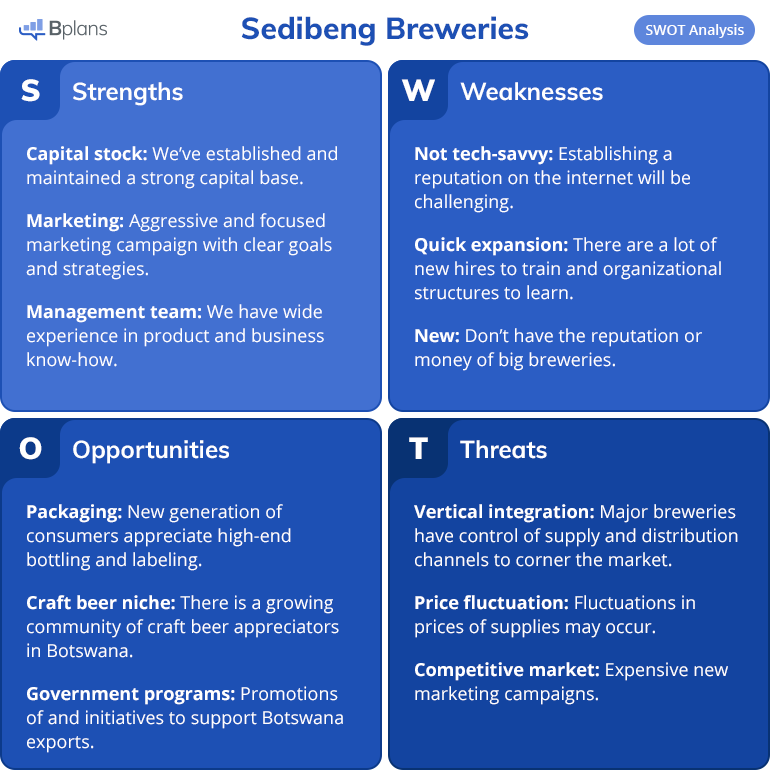 In these cases, innovations were implemented by a social layer of motivated interested people who knew what they would get as a result of the implementation of this innovation. And perestroika did not seem to have a social base. Many researchers, in particular T.P. Gerber, A.G. Zdravomyslov, T.I. Zaslavskaya, took up the doctrine of the social basis of change. It turned out that everyone wants change, but the results of change are expected to be completely different.
In these cases, innovations were implemented by a social layer of motivated interested people who knew what they would get as a result of the implementation of this innovation. And perestroika did not seem to have a social base. Many researchers, in particular T.P. Gerber, A.G. Zdravomyslov, T.I. Zaslavskaya, took up the doctrine of the social basis of change. It turned out that everyone wants change, but the results of change are expected to be completely different.
From this follows the inevitable conclusion, Grigory Tulchinsky believes, that sociologists, engaged in the division of society into ethnic groups, nations, social groups, classes, do not reflect the true picture of the driving social forces.
For example, journalists are undoubtedly a real social force. However, from the point of view of a sociologist, they are classified as "employees", as well as the so-called "office plankton", and even employees of the special services. But the potential of influence on what is happening in the society of each of these "employees" is fundamentally different. According to Tulchinsky, in sociology it is necessary to move from an inventory approach to assessing society to vector analysis, which will allow taking into account the dynamics and studying real social forces.
According to Tulchinsky, in sociology it is necessary to move from an inventory approach to assessing society to vector analysis, which will allow taking into account the dynamics and studying real social forces.
Social forces
The concept of social power is still "soft", not well-established. At its basis, as well as at the basis of any, according to Tulchinsky, the term is a certain metaphor. In this case, we are talking about a certain community that is united by the unity of interests and has resources, i.e. the means by which they can be achieved. Special services, journalists, students are obvious social forces, and they are different. Students are organized, they have free time, they can get together, take to the streets, smash shop windows and overturn cars. And their impact on the situation in society will be noticeable, because they have resources - temporary, human, organizational, informational.
To determine the active social forces of the state, a specific analysis is required, considering a specific situation and a specific region.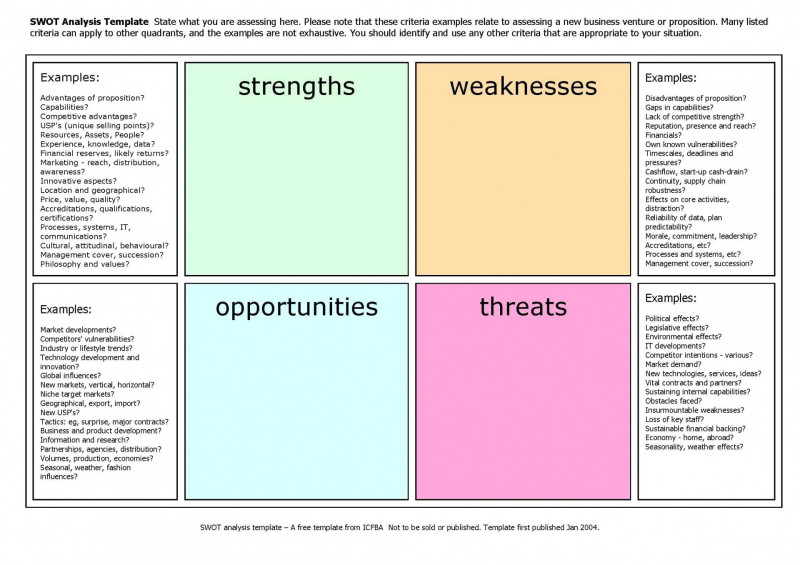 If we try to apply such an analysis to the current situation in Russia, that is, if we try to determine what social forces can "move" the country today, we will see that there are no such forces. Hence the inevitable, according to Grigory Tulchinsky, conclusion that modern Russian society is characterized by the absence of dynamic social forces.
If we try to apply such an analysis to the current situation in Russia, that is, if we try to determine what social forces can "move" the country today, we will see that there are no such forces. Hence the inevitable, according to Grigory Tulchinsky, conclusion that modern Russian society is characterized by the absence of dynamic social forces.
Our society, according to the researcher, is an exhausted society in which the main income is rent, which is successfully parasitized by bureaucracy, security forces and crime. This is a society in which there is a superstate that manages all the resources, and disadvantaged (literally, deprived of equity participation in property) citizens. Including a business from which all resources can be taken away at any time. Employees, students and even workers are not social forces in Russian conditions.
The actual social forces are the established social institutions - the collectives of enterprises and their management personnel, industry structures, special services, and the media.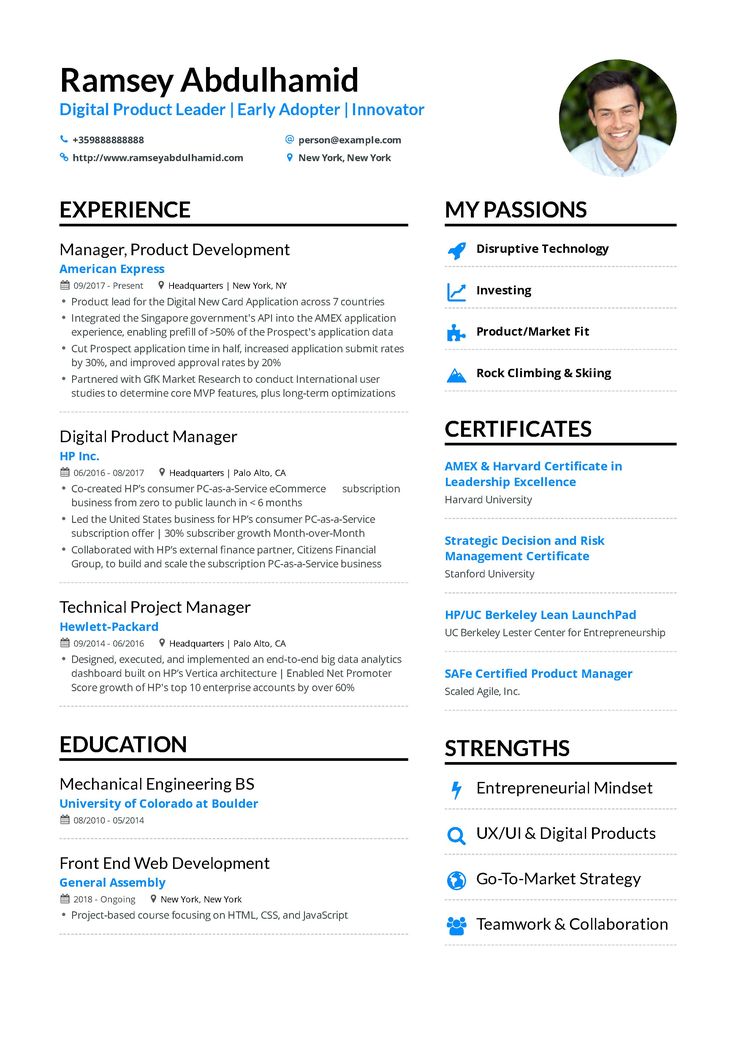 Their functions do not relate to political life, but they really unite material and financial resources, and therefore people with these resources. The majority of the population are hostages of these structures. The only way out of this absurd situation is the self-organization of social forces.
Their functions do not relate to political life, but they really unite material and financial resources, and therefore people with these resources. The majority of the population are hostages of these structures. The only way out of this absurd situation is the self-organization of social forces.
On the role of the state
Russia, according to Grigory Tulchinsky, is a country with a pseudo-market economy. All over the world, the development of the market and the development of cooperation associated with it contributes to an increase in the supply of goods, competition, and a decrease in the price level. In our country, the transition to the market is accompanied by increased monopolization, price gouging and inflation, which cannot be reduced to an acceptable level. This speaks of the inadequacy of the economic model itself, that it is, in fact, not quite a market one. A vivid example is the difficulties in the development of farming, the development of which is actually held back by monopolies in a state of "embryo", the speaker emphasized.
In principle, a modern market economy cannot do without the state. However, the actual functions that the state should perform in a market economy, the Russian state does not perform, without providing the production of public goods. According to the researcher, the basic economic values remain predominantly rentable in our society, and it is no coincidence that public goods are mainly regarded as rent or as "freebies".
And at the same time, the state cannot be a monopoly in the production of public goods; this requires the efforts of civil society, including both commercial and public organizations. The state, for the most part, performs the role of a guarantor and an arbitrator.
Russia today needs a real social policy aimed at creating and implementing public and social benefits. The task of the state is to lead the development of such a policy and the organization of an effective social partnership.
Social partnership
The key point in the formation of an effective social partnership, according to Grigory Tulchinsky, is the positioning of business in Russian society.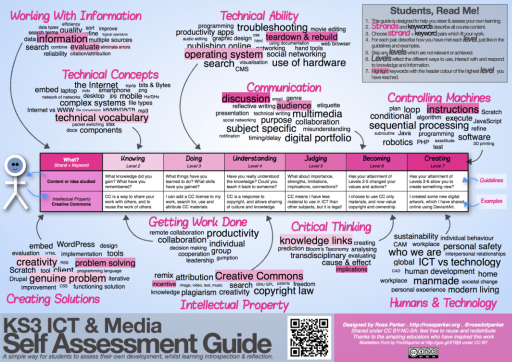 The authorities and society consider business as a source of some rent. The authorities look at business from the point of view that “it is necessary to share”, while society treats it as a forced evil.
The authorities and society consider business as a source of some rent. The authorities look at business from the point of view that “it is necessary to share”, while society treats it as a forced evil.
Society, according to Tulchinsky's terminology, can be "cold" or "hot" in relation to business. In a "cold" society, the issue of property is resolved, the state performs the functions of a guarantor, property easily changes its owner with the help of the market mechanism. Various groups of influence, interest groups, authorities, the organized public, consumers, the media, etc. are concentrated around the business. In such conditions, the business creates an optimal environment for its development in the long term, working with stakeholders, demonstrates corporate social investments. In other words, business optimizes its development environment. And the "hot" society itself activates business, for it business is a platform for the realization of its interests.
In both cases, the participants in the partnership are the same, but the nature, the main nerve of interaction, the speaker emphasized, is different.
Road to nowhere
The absence of a coherent and sane social policy, summarizes Grigory Tulchinsky, leads to the degeneration of society, let it be to "an economy without money and a society without people."
The underdevelopment of social infrastructure seriously affects the economy. For example, the absence of a normal housing market that makes it affordable hinders the migration of the population and maintains threatening disproportions in the development of Russian regions.
The lack of understanding of social priorities is reflected both in the failure of the political design of Russian society and in political science discussions. In particular, discussions about the empire, "post-imperial syndrome", "identity crisis", according to Grigory Tulchinsky, are far-fetched. Opinion polls show that behind the so-called "imperial syndrome" is not really "nostalgia for the empire", but the desire for a qualitatively different standard of living.
During the discussion at the seminar, the question of the possibility of considering the Church as a social force in Russian society was discussed. According to Grigory Tulchinsky, this issue is resolved in relation to a particular society. If in Poland the church is a serious force, which succeeded in the 80s. put the government and the Solidarity trade union movement at the negotiating table, then in many other countries this institution does not have such power.
Yana Shokola
May 5, 2010
society
What is social work? - Faculty of Sociology
Vyacheslav Nikolaevich Kelasiev
Head of the Department of Theory and Practice of Social Work
Doctor of Philosophy, Professor
Caring for a person is holy! The time has come for PROFESSIONALS in this field.
A social worker is the MASTER who can really change society, improve the social well-being and quality of life of Russians.
The meaning of human life is to fulfill oneself, to reveal all one's abilities and talents. A social worker (socyonome) helps a person to reveal his potentials. It orients a person to an adequate understanding of success in life, helps to achieve personal well-being and recognition from other people. One of the important functions of a social work professional is also to help a person avoid various risks and threats of the modern world, to help build the trajectory of his life path, to activate his strengths and resources. His efforts are aimed both at improving the quality of life of an individual and at achieving the social well-being of society as a whole. He has at his disposal an arsenal of methods for changing the social environment, improving the situation in society. From my point of view, all this allows a social worker to feel the significance of his profession and fills his life with high meaning.
“If anyone says that love and peace are a cliché that went away with the sixties, that will be their problem.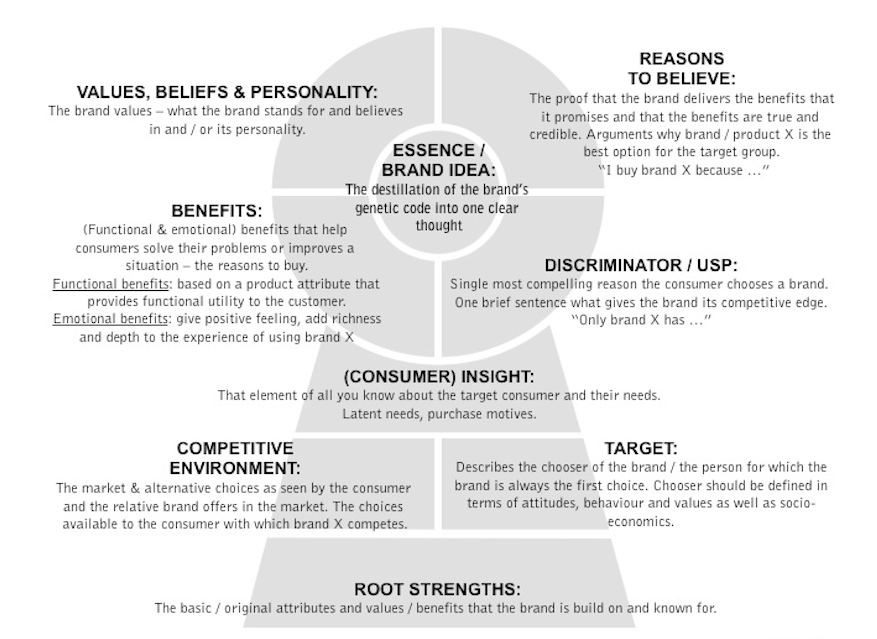 Love and peace are eternal." John Lennon
Love and peace are eternal." John Lennon
"Kindness is what the deaf can hear and the blind can see." Mark Twain
"The art of government consists in not allowing people to grow old in their position." Napoleon Bonaparte
Irina Pervova , Doctor of Social Sciences in Psychology, Professor of the Department of Theory and Practice of Social Work, Coordinator of the Interuniversity Program of Russian-American Cooperation
In today's ever-changing world with its instability, economic crises and blockades, wars and terrorist threats, social work is becoming increasingly important for the population of all countries. The population, especially its most vulnerable groups, are not able to cope with the challenges of our time on their own, and the role of social work as a platform that keeps individuals and social groups from falling into the ocean of exclusion is objective and recognized.
Social work in Russia, in its current reading, is a relatively young discipline, and therefore the experience of foreign countries in this area of social reality is extremely important for further development, improvement of work technologies and scientific activities. In this regard, the exchange of knowledge and experience with foreign scientists and practitioners in the form of joint research, introductory and educational practices is especially important for both faculty and students.
The existing scientific relations of the Department of Theory and Practice of Social Work with specialists in this field from such countries as Austria, Great Britain, India, Spain, Italy, Portugal, USA, Finland, Switzerland, South Africa, etc. mutually enrich the scientific and educational activities of the relevant departments, contribute to more successful and purposeful assimilation of the curricula of both masters and bachelors, as well as the development of their social activity and creativity.
Today, the competence of social professionals cannot be limited to the ability to help people in difficult life situations. A social worker must know and be able to prevent modern risks, identify the causes of clients' vulnerability and contribute to the achievement of social well-being of both individuals, various social groups, and society as a whole.
The modern understanding of social work is enshrined in the "global" definition formulated by the International Federation of Social Workers (IFSW):
“Social work is a practical profession and an academic discipline that contributes to social change and development, promotes social cohesion and strengthens the ability for independent functioning of people in society, their liberation. The principles of social justice, human rights and respect for diversity are central to social work. Drawing on social work theories, social and human sciences, and specialized knowledge, social work engages people and structures in solving vital problems and improving well-being” (International Federation of Social Workers (IFSW), Global Definition of Social Work, 2014).
“Social work today is an area of innovative technologies, creative approaches, career opportunities, and most importantly, social work is a real help to people. including our loved ones." Olga Borodkina , Doctor of Social Sciences D. , Professor of the Department of Theory and Practice of Social Work, Expert of the Educational and Methodological Association of Russian Universities in the field of "Sociology and Social Work", co-organizer of the International Summer Academy "Social Work and Society"
“Social work is that part of the social sciences which took over the functions of early sociology. At the beginning of its existence, the founding sociologists wanted to understand how to rebuild the world, and today sociology has abandoned this agenda and is engaged only in social diagnostics. And social work is doing just that, i.e., improving society, albeit at a micro level.” Irina Grigorieva, d. n., k. filos. D., professor of theory and practice of social work, member of the editorial boards of the Journal of Sociology and Social Anthropology, Journal of Social Policy Research
“Social work is an activity related to medicine. A variety of social work is medical and social work aimed at protecting and supporting physical and mental health (of an individual, a team, the population as a whole), contributing to their achievement of social well-being.

